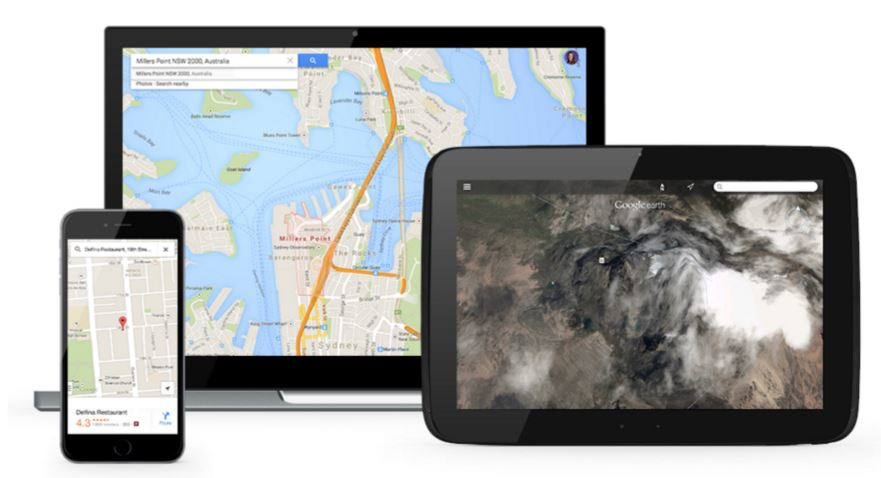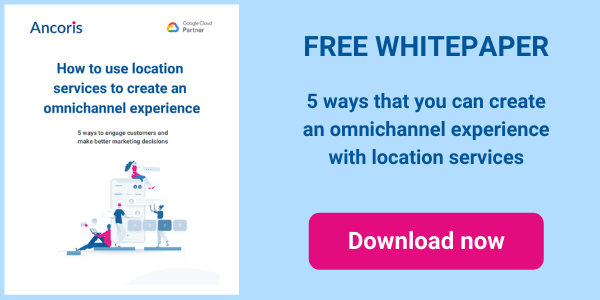In a recent Retail Week report, retailers rated omnichannel the top priority for 2014 and this is not surprising when further research has shown omnichannel shoppers spend 50% more than single channel shoppers. Location services and mapping can be key to success in omnichannel, helping businesses provide customers with a personalised and consistent experience across all channels and make better business decisions.
What is Omnichannel?
Omnichannel involves delivering a truly joined-up one to one experience between the different channels in which a retailer operates, including online, mobile and in-store. Customer experiences across these channels need to be consistent with the same look and feel, brand and price. Equally important, however, is the fact that retailers need to have a single view of individual customers, their preferences, location and persona, enabling them to provide a tailored experience across all channels.
Having a location strategy is crucial to this approach. A full omnichannel geolocation strategy incorporates, amongst other things, store locators, custom applications to engage customers, geomarketing and supply chain.
Combining consistent location experience with an omnichannel approach
A successful omnichannel approach requires the customer to have a consistent location experience - from finding your stores with a good store locator to purchasing online and tracking deliveries.
Geolocation also provides a great medium to engage and interact with customers to build brand awareness and loyalty. This may include mobile geomarketing applications that send customers personalised deals and offers when they are walking past or near your store. It could also include custom interactive applications developed with tools such as Google Maps Platform and custom indoor Street View. These customer-facing tools and interactions need to be consistent and relevant.
Beyond customer interactions, location analysis can guide better decision making within a business. Location is central and relevant to just about all the data we collect. Knowing where your current customers are located as a whole and individually or where potential customers searching for your business are located and visualising this information can provide an extremely powerful tool to guide a marketeers' planning.
Making decisions around the efficiency of a supply chain is also vital. For an Omnichannel strategy to be successful, it is critical that supply chains are working as needed. In this instance, location is key.
Finally, being able to pinpoint with accuracy the geographic location of customers will enable new stores or depots for online delivery and click and collect to be opened in the correct place, giving retailers an operational advantage.
How to build an omnichannel location strategy
To be successful in the current landscape, retailers need to be customer focused and have a multi-channel strategy that is consistent across all mediums. They need to respond to customer needs, innovate and be ready to embrace change. A location strategy can help achieve this and help retailers be ready for the new world of omnichannel.
Working with a Google Maps Premier Partner
A Google Cloud Partner like Ancoris can help you apply the power of Google Maps to solve current business challenges and develop new digital models using location-based services.
We’re not only a Google Maps Premier Partner but have achieved Google’s Location-Based Services Partner Specialisation. This means we’ve demonstrated both technical proficiency and proven success in building and managing applications using the best of Google Maps Platform and Google Cloud Platform in both web and mobile environments.
If you’d like to find out more about how we can help you, why not take a look at some of our customer success stories or talk to the experts in our Google Maps team.
Article updated January 2021
First published September 2014

